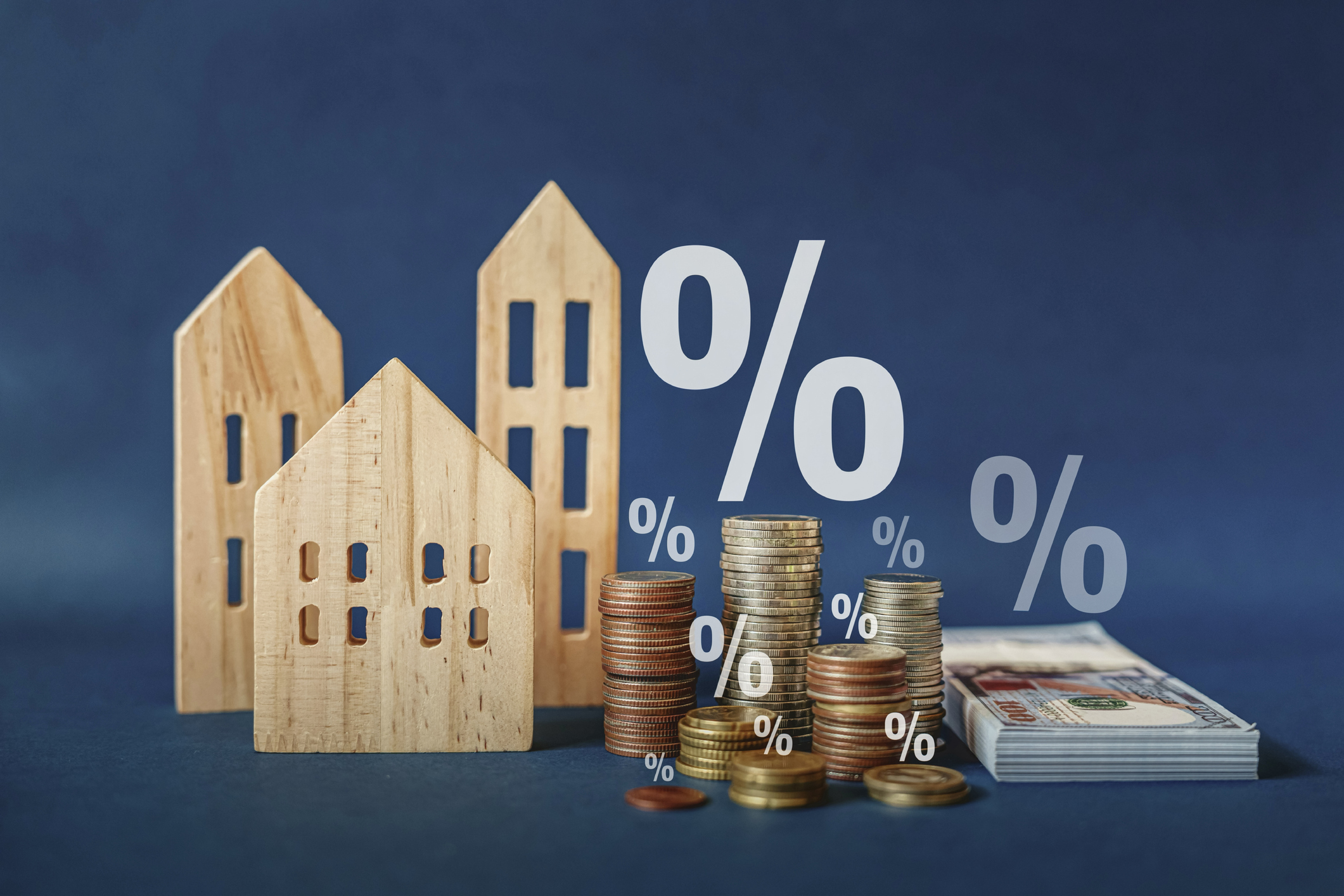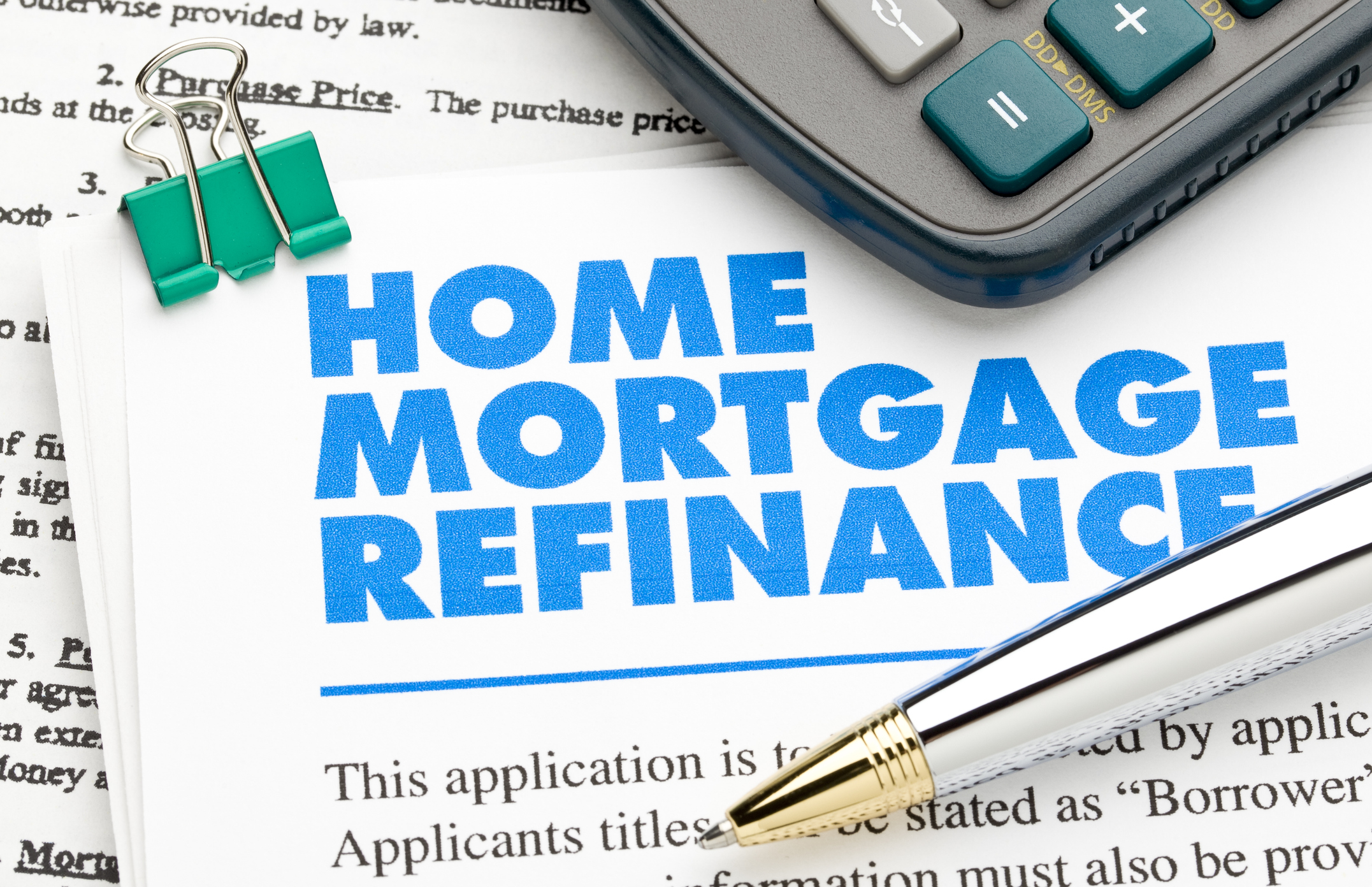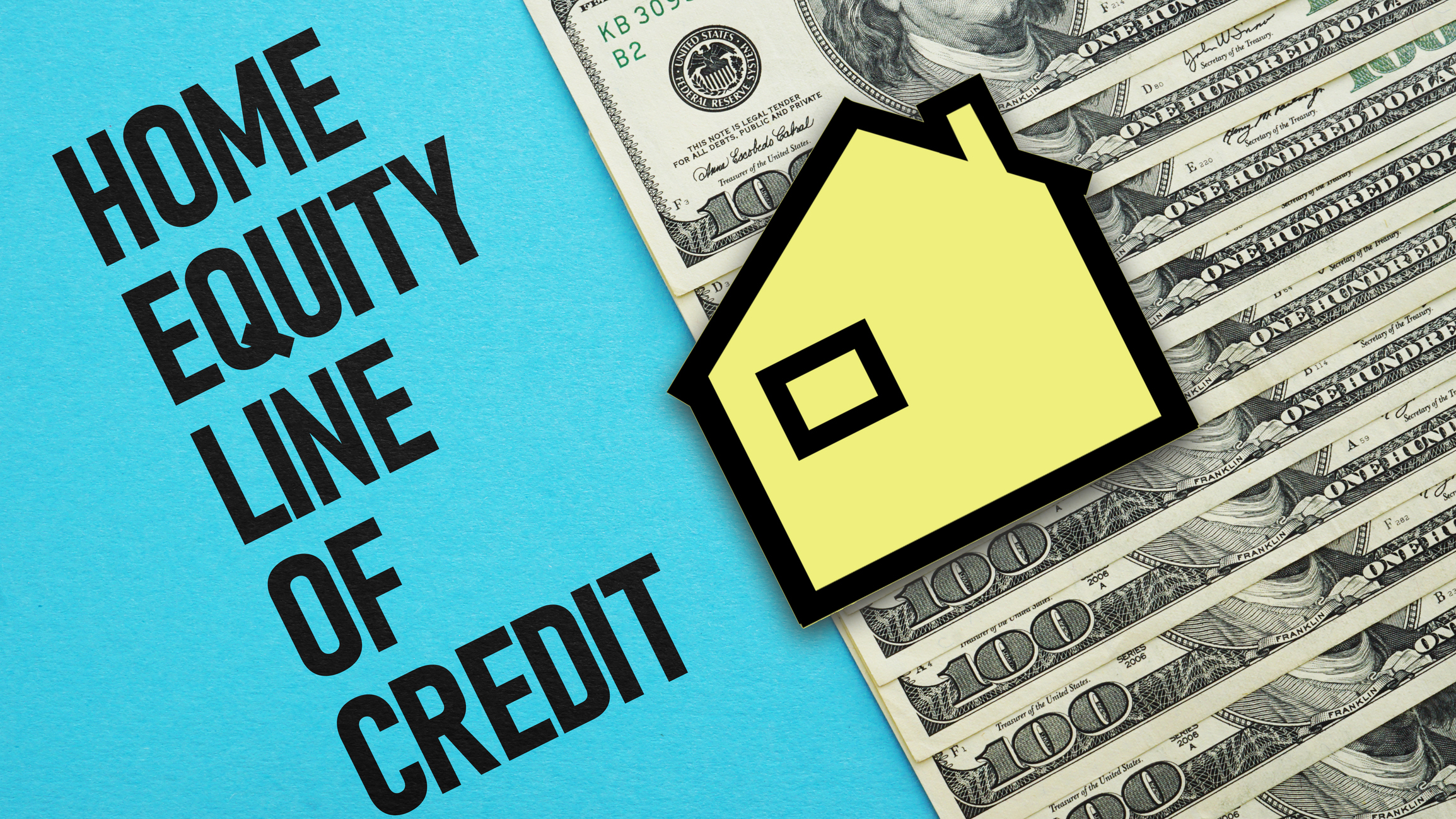Applying for a Mortgage Loan? Here's What to Expect
Before you can apply for a mortgage loan and buy your dream home, there's a good bit of preparation to be done.

Profit and prosper with the best of Kiplinger's advice on investing, taxes, retirement, personal finance and much more. Delivered daily. Enter your email in the box and click Sign Me Up.
You are now subscribed
Your newsletter sign-up was successful
Want to add more newsletters?

Delivered daily
Kiplinger Today
Profit and prosper with the best of Kiplinger's advice on investing, taxes, retirement, personal finance and much more delivered daily. Smart money moves start here.

Sent five days a week
Kiplinger A Step Ahead
Get practical help to make better financial decisions in your everyday life, from spending to savings on top deals.

Delivered daily
Kiplinger Closing Bell
Get today's biggest financial and investing headlines delivered to your inbox every day the U.S. stock market is open.

Sent twice a week
Kiplinger Adviser Intel
Financial pros across the country share best practices and fresh tactics to preserve and grow your wealth.

Delivered weekly
Kiplinger Tax Tips
Trim your federal and state tax bills with practical tax-planning and tax-cutting strategies.

Sent twice a week
Kiplinger Retirement Tips
Your twice-a-week guide to planning and enjoying a financially secure and richly rewarding retirement

Sent bimonthly.
Kiplinger Adviser Angle
Insights for advisers, wealth managers and other financial professionals.

Sent twice a week
Kiplinger Investing Weekly
Your twice-a-week roundup of promising stocks, funds, companies and industries you should consider, ones you should avoid, and why.

Sent weekly for six weeks
Kiplinger Invest for Retirement
Your step-by-step six-part series on how to invest for retirement, from devising a successful strategy to exactly which investments to choose.
You've decided on your dream home and the type of mortgage you’re seeking, now you're ready for the next step: applying for a mortgage loan. However, before you can submit a loan application and buy a home, there's a good bit of preparation to be done.
Before applying for a mortgage loan, it’s helpful to start by gathering the appropriate paperwork (personal information, federal tax returns, bank statements, etc.). You’ll also want to check your credit report, and depending on where it ranks, raise your credit score. Raising your credit score can lower your mortgage rate significantly, saving you thousands of dollars over the life of the loan.
From there, you can research and compare several different lenders to look for the best mortgage rates available to you, and then get preapproved to borrow at a specific loan amount.
From just $107.88 $24.99 for Kiplinger Personal Finance
Become a smarter, better informed investor. Subscribe from just $107.88 $24.99, plus get up to 4 Special Issues

Sign up for Kiplinger’s Free Newsletters
Profit and prosper with the best of expert advice on investing, taxes, retirement, personal finance and more - straight to your e-mail.
Profit and prosper with the best of expert advice - straight to your e-mail.
Here's what to expect when applying for a mortgage loan, including key things to keep in mind when going through the application process.
Filling out a mortgage loan application
You’ll probably fill out a lender’s application online, and then talk with a loan officer by telephone. This is where the folder of financial information you’ve collected will come in handy. When filling out the application, you’ll need to provide borrower, property, employment and expense information.
Be prepared to give the name and phone number of someone who can verify financial information about you — most likely, your employer's personnel office. If you have substantial income from investments, you'll be asked to substantiate this through account statements and possibly an accountant, stockbroker, trust officer or similar source.
If you are self-employed or if 25% or more of your income is from commissions or bonuses, you must provide two years of tax returns to offer proof of established income. Self-employed people may also need a profit-and-loss statement so the lender can assess your company’s strength.
To begin processing of your application the lender may require a fee of $100 to $400 that covers the cost of pulling your credit report and obtaining an appraisal of the property's market value. The fees are non-refundable in most cases.
Review loan estimates
Once the lender has received your application, it will issue you a good faith estimate (GFE), which is mandated by the federal Real Estate Settlement Procedure Act (RESPA). Once you've obtained lenders' GFEs, you can compare their rates, closing costs and terms in an apples-to-apples format.
Check whether the quoted interest rate is guaranteed, and for how long. If you think that interest rates may rise while your application is being processed, ask for a "lock-in." Get it in writing.
Some lenders may offer a lock with a float-down option, meaning that if the rate goes down by a certain amount before you close, you will get the lower rate.
Loan processing and decision
Here's where you'll need to be patient. The mortgage lender will now process your mortgage application, reviewing its accuracy. During this time, you may be asked to provide additional documentation and answer any further questions.
Closing
Closing costs vary depending on where you live: They can be anywhere from 2% to 3% of a home’s purchase price and up to 5% to 6% in high-tax areas. They include a plethora of charges, including any discount points that you’ve agreed to pay to lower your interest rate; an origination fee of 1% to 1.5% of the loan amount; costs for an appraisal, survey, title search, title insurance, recording of deeds and mortgages, transfer tax and attorney's fees; and an estimated calculation of monthly costs for property taxes and hazard insurance if your lender will collect the funds and pay them from an escrow account.
Use the tools below — powered by Bankrate — to compare mortgage rates today.
Related Content
Profit and prosper with the best of Kiplinger's advice on investing, taxes, retirement, personal finance and much more. Delivered daily. Enter your email in the box and click Sign Me Up.

Erin pairs personal experience with research and is passionate about sharing personal finance advice with others. Previously, she was a freelancer focusing on the credit card side of finance, but has branched out since then to cover other aspects of personal finance. Erin is well-versed in traditional media with reporting, interviewing and research, as well as using graphic design and video and audio storytelling to share with her readers.
-
 How Much It Costs to Host a Super Bowl Party in 2026
How Much It Costs to Host a Super Bowl Party in 2026Hosting a Super Bowl party in 2026 could cost you. Here's a breakdown of food, drink and entertainment costs — plus ways to save.
-
 3 Reasons to Use a 5-Year CD As You Approach Retirement
3 Reasons to Use a 5-Year CD As You Approach RetirementA five-year CD can help you reach other milestones as you approach retirement.
-
 Your Adult Kids Are Doing Fine. Is It Time To Spend Some of Their Inheritance?
Your Adult Kids Are Doing Fine. Is It Time To Spend Some of Their Inheritance?If your kids are successful, do they need an inheritance? Ask yourself these four questions before passing down another dollar.
-
 Is the Housing Market's 'Lock-In Effect' Finally Starting to Ease?
Is the Housing Market's 'Lock-In Effect' Finally Starting to Ease?As mortgage rates stabilize and fewer owners hold ultra-low loans, the lock-in effect may be losing its grip.
-
 Mortgage Protection Insurance: What It Covers and When It Makes Sense
Mortgage Protection Insurance: What It Covers and When It Makes SenseHow mortgage protection insurance works, what it costs, and when it’s actually useful in a financial plan.
-
 What to Watch for When Refinancing Your Home Mortgage
What to Watch for When Refinancing Your Home MortgageA smart refinance can save you thousands, but only if you know how to avoid costly pitfalls, calculate true savings and choose the right loan for your goals.
-
 Builders Are Offering Big Mortgage Incentives — What Homebuyers Should Watch For
Builders Are Offering Big Mortgage Incentives — What Homebuyers Should Watch ForBuilder credits and below-market mortgage rates can ease affordability pressures, but the savings often come with trade-offs buyers should understand before signing.
-
 Trump Signals Plan to Ban Institutional Investors From Buying Single-Family Homes
Trump Signals Plan to Ban Institutional Investors From Buying Single-Family HomesThe president says the move could improve housing affordability. Here’s what the data show about investor ownership, recent buying trends and what it could mean for homebuyers.
-
 How Much Income You Really Need to Afford a $500,000 Home
How Much Income You Really Need to Afford a $500,000 HomeAs home prices increase, the income needed for a house is also climbing. We break down what you need to earn to afford a $500,000 home.
-
 AI Appliances Aren’t Exciting Buyers…Yet
AI Appliances Aren’t Exciting Buyers…YetThe Kiplinger Letter Artificial intelligence is being embedded into all sorts of appliances. Now sellers need to get customers to care about AI-powered laundry.
-
 How Much Would a $50,000 HELOC Cost Per Month?
How Much Would a $50,000 HELOC Cost Per Month?Thinking about tapping your home’s equity? Here’s what a $50,000 HELOC might cost you each month based on current rates.